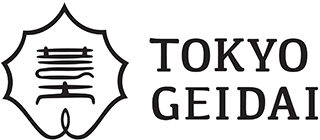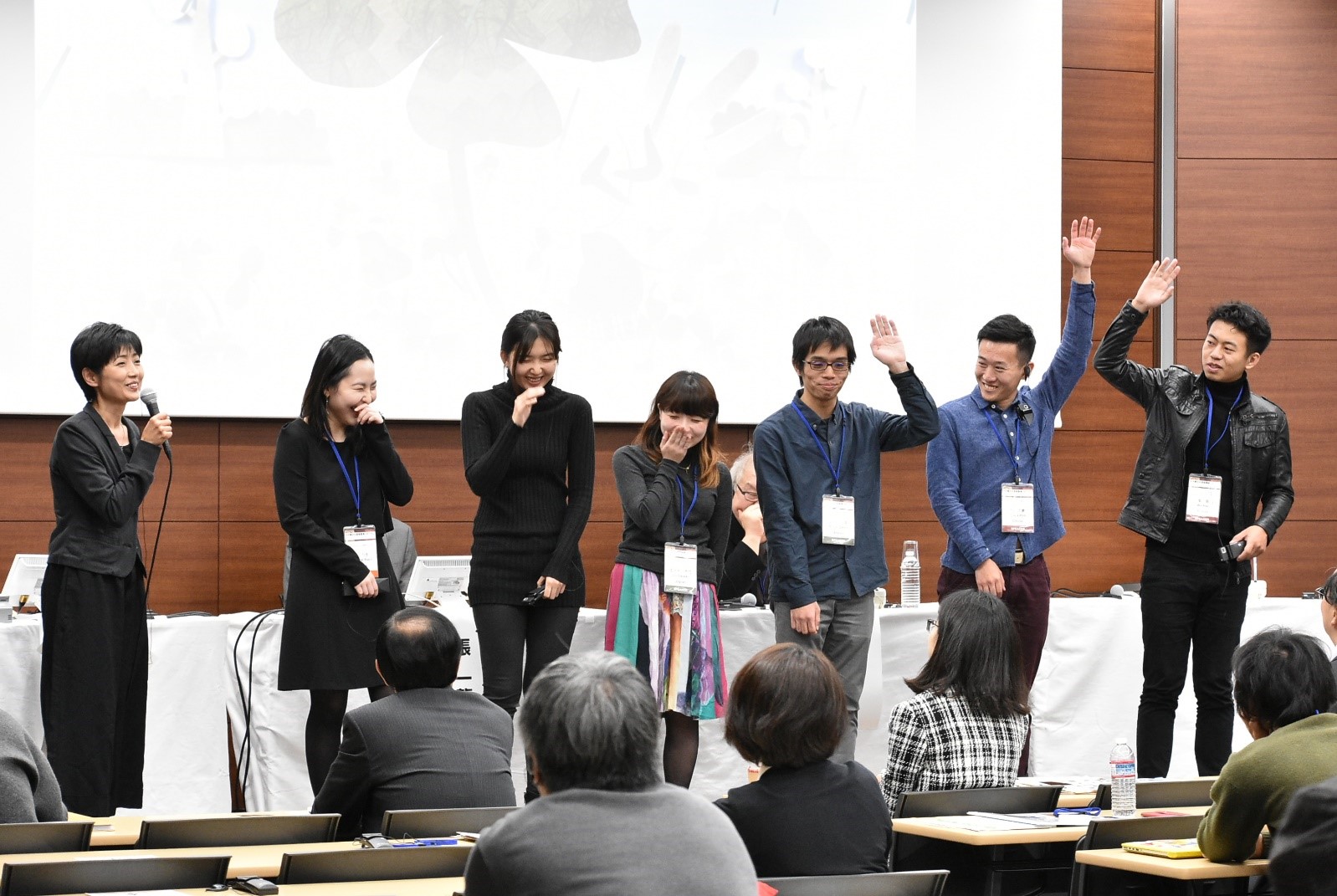日中韓文化芸術教育フォーラム2017Japan-China-Korea Forum on Culture and Arts Education 2017
February 14, 2018
平成29年11月3日、京都美術工芸大学において「日中韓文化芸術教育フォーラム2017」が開催されました。このフォーラムは、文化芸術教育を軸に日中韓3か国の相互理解を深めることを目的としています。今年は「3国の国際共同制作の現場から ~文化芸術交流の課題と将来~」をテーマに行われました。
第1セッションでは、東京藝術大学大学院映像研究科アニメーション専攻と中国伝媒大学・韓国芸術総合学校がともに実施している共同制作プロジェクト「Co-work」について発表がありました。Co-workでは日中韓の学生混成チームが約十日間に及ぶ共同合宿で短編アニメーション作品を完成させます。平成22年に韓国で始まり、その後は日中韓のいずれかの国で毎年開催され、今年度で8度目を迎えました。
同フォーラムでは、平成29年度Co-workで作られた作品を上映するとともに、日中韓それぞれから参加学生も登壇し、体験談や感想などを発表しました。通常アニメーションの学生作品は一人で作られることが多いなかで、共同制作ではチーム内のコミュニケーションが最重要となるため、共通言語のない戸惑いは全員にあったようです。しかし、それぞれの文化背景やスキルが違うからこそ、相手を理解しようとする意識が高まり、技術の向上や視野の拡大につながったとの意見も聞かれました。
また、3国の教員からは、Co-workの効果や今後の展望についての発言がありました。各国のアニメーション環境が違うなかで、Co-workのような試みはアニメーションの世界状況を知るのに最適であること、それに伴い制作メソッドの共有が可能になることもさることながら、教員の教育・批評技術の向上にもつながること、そして、これを機に生まれた学生間の国際ネットワークが将来いかに有用となるかなどの意見が挙がりました。


On November 3, 2017, the Japan-China-Korea Forum on Culture and Arts Education 2017 was held in Kyoto, Japan. This forum aims to promote further understanding between the three countries through culture and arts education. This year, it focused on joint production projects undertaken by the three countries in the field of arts and culture education.
In one of the sessions, Tokyo University of the Arts, Communication University of China, and Korea National University of Arts presented their Co-work program. This joint project produces short animation films made in teams consisting of students of all three schools. The students and faculty gather in one country for a period of 2 weeks and spend approximately 10 days to complete the films. It began in 2010 in Korea and has been held each year since, the venue rotating from one school to the next.
At the forum, short animation films made in Co-work 2017 were screened and participants spoke of their experience. Usually, student films are made individually in a very different style than in this program where communication within a group is essential. Not having a common language posed difficulties in completing this task, however, the differences in cultural background and individual skills elevated the motivation to understand each other and consequently led to an overall advancement of technique and mutual respect.
Faculty from all three countries involved in this project attended the forum as well and offered the main effects of Co-work and its future outlook. One professor mentioned how a program like Co-work was optimum in grasping the animation situation of other countries and their standing in the worldwide animation culture. Professor Mitsuko Okamoto from the Department of Animation at Tokyo University of the Arts Graduate School of Film and New Media and also one of the founders of this program shared how Co-work is effective in improving the teaching and critiquing methods of the faculty and how the international network among students can contribute to their future endeavors.




